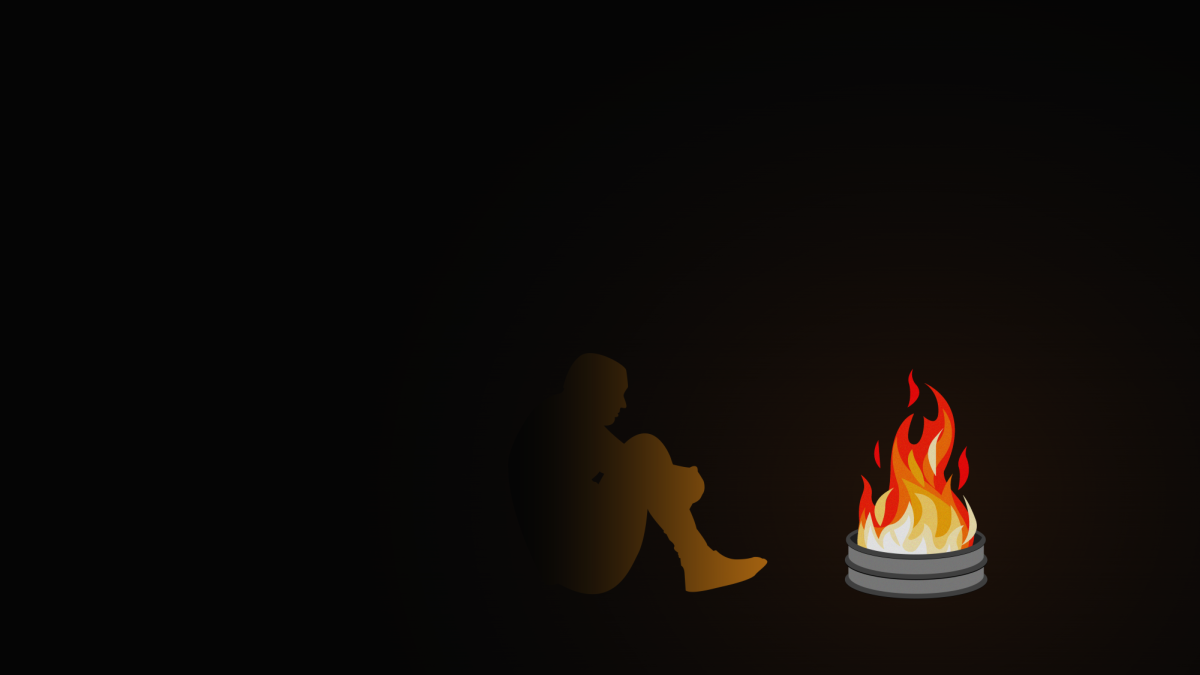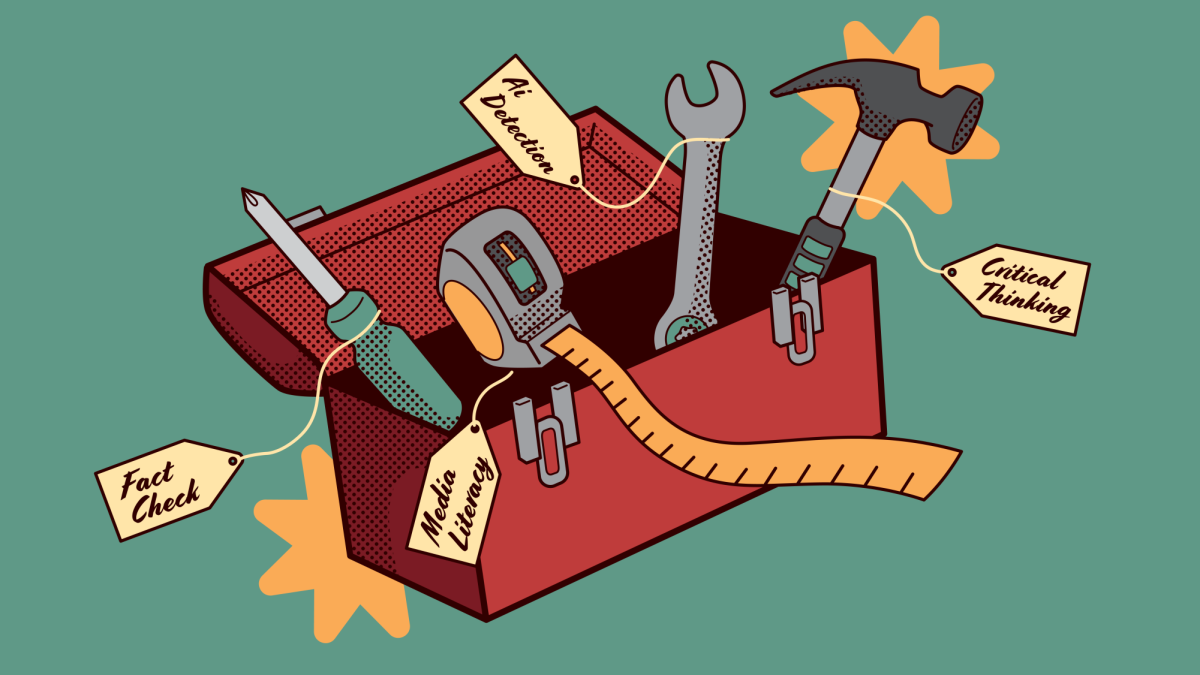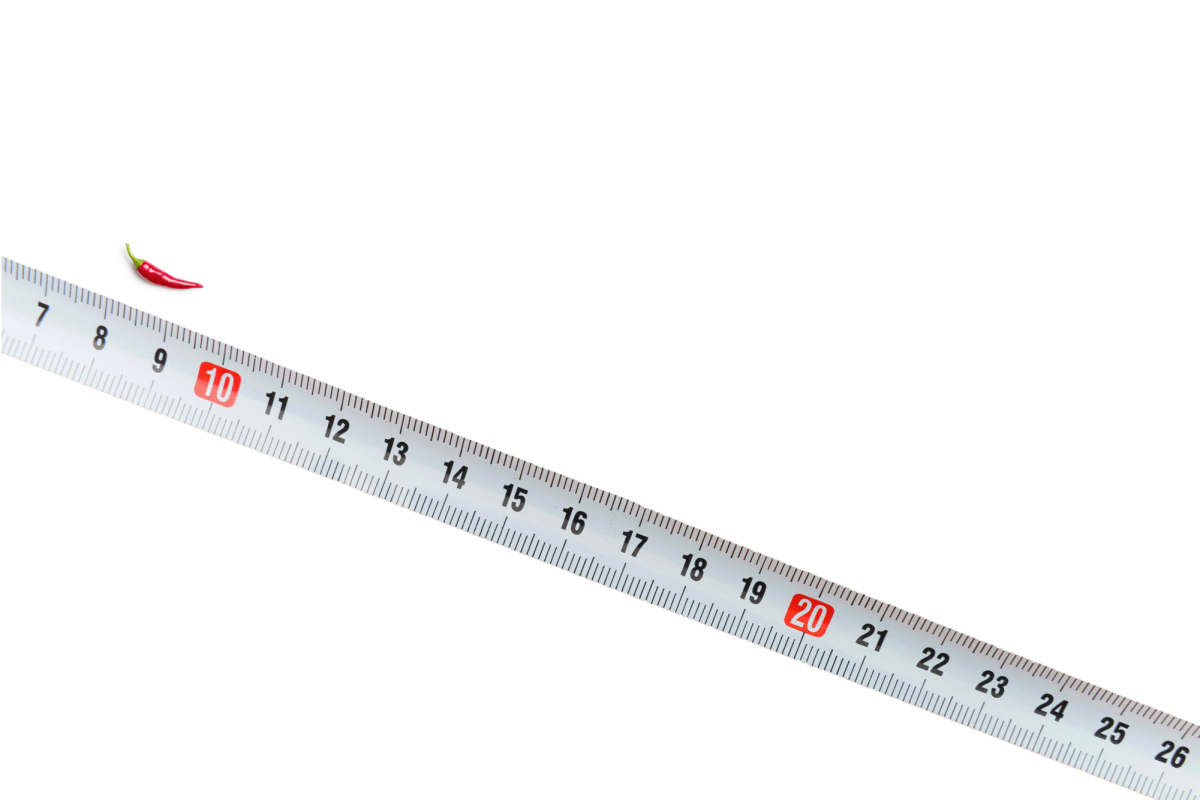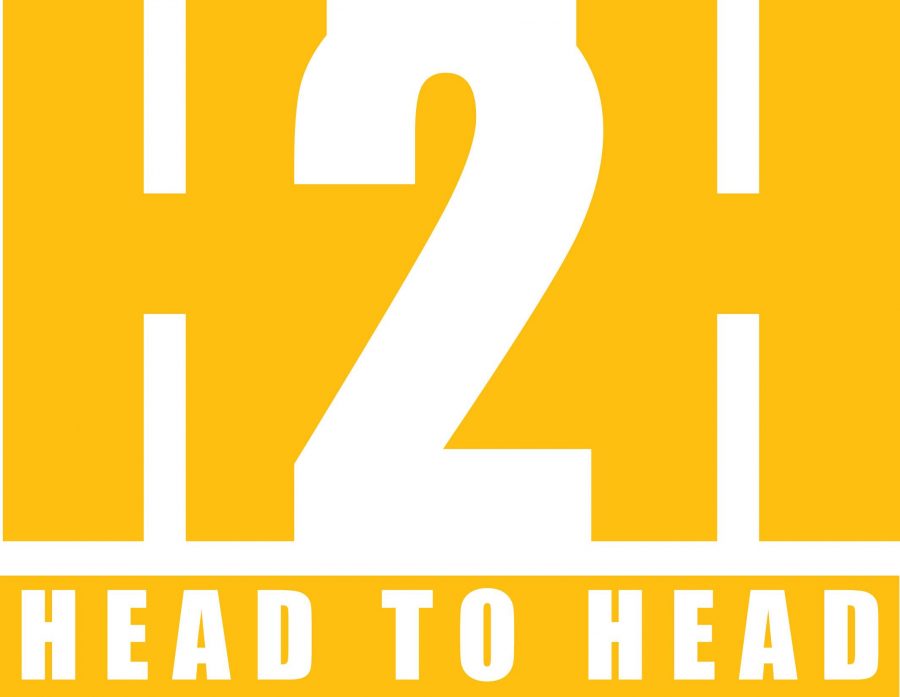Our nation faces several issues, such as economic woes and unprecedented political insecurity. Another issue is the recent, cringe-worthy gaff the country has made at the United Nations. Many abroad scratch their heads in concern for the current state of our country — a place that many Americans still consider “the greatest country on earth.” We assume that this pointed pity must be jealous nationalism, so we turn to the stats. We look at global rankings, thinking that the the U.S. news rankings must provide some fact-based proof that we are at the top. What we find only confirms what naysayers offer: the height of American innovation is a bygone era.
The United States’ post-WWII days of technological glory and cutting-edge discoveries in medicine and aviation are over. We’ve heard it for years. At least, my generation did since we were young. We remember nervous teachers delivering speeches to us before taking standardized tests. “We are scoring lower in math and science than most other developed countries,” they’d say.
These warnings of declining competitiveness aren’t comprised of baseless cautions as we assume. They were a real assessment of our global report-card. The message carried with it major implications.
In a National Science Foundation study that compared the math and science scores of 15 year-olds in 34 of the most developed countries, the U.S. placed near last. Our country only beat out five other nations surveyed.
A look at another census places the U.S. in first for the largest GDP per capita. The relationship between economic viability and academic prowess makes sense, but our system seems to disprove the formula.
Certain politicians and many educators understand that the crisis is more than arbitrary ranking. Noticeable motions to encourage student involvement in STEM fields seem to fight the issue.
Americans have blamed a number of suspects for the nations’ stale ingenuity. But in the case of the low-hanging fruit, the problem is too often overlooked by students. While black and white absolutes don’t consider the worth of various fields, the argument of “STEM vs. Humanities” is valuable to students.
But first, how does one define worth? This can vary from financial success and career outlook to human impact and creative freedom.
Students who graduate with a degree in a STEM field often outmatch their peers in financial success and career outlook. Those with a bachelor degree face a slim unemployment rate at 2.7 percent. However, there are more jobless graduates with degrees in the humanities than in STEM.
Besides unemployment and salary figures, lies what many consider a true standard of importance in education: industrial growth. This standard is the route by which humankind on the whole experiences an increased quality of life. The humanities fulfill this role, particularly during times of human suffering. At the same time, many advances have increased through principles in STEM, such as an average life span that allows us to focus more on non-utilitarian pursuits. Today, many have a greater appreciation for languages, music, philosophy and literature. This is because STEM helped us to master acquiring food, shelter and clothes. The results of scientific understanding, such as microbial soap and organ transplants, provide the opportunity for us to explore what the humanities have to offer in the first place.





















